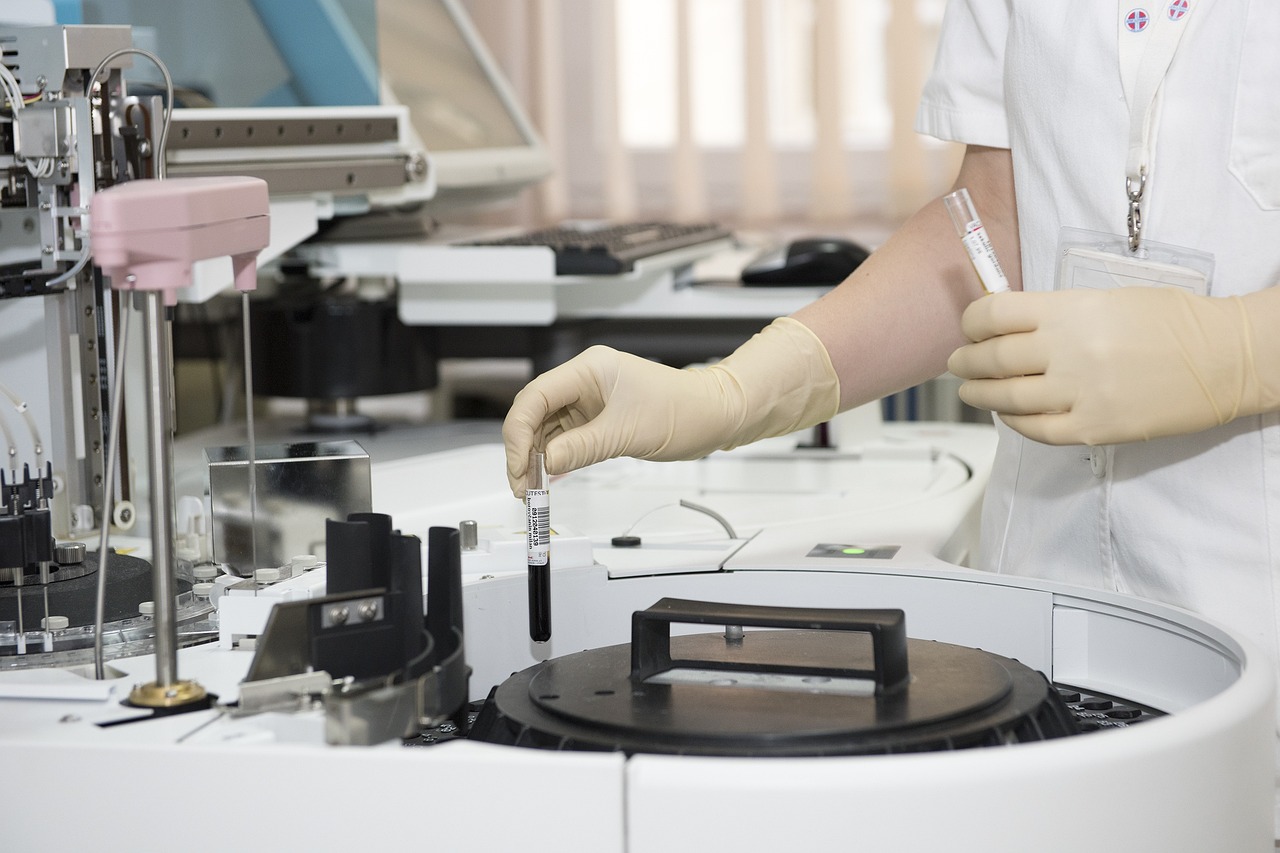
Most recently, obesity was identified as a major risk factor during the COVID pandemic.Continue reading

At the National Institute of Oncology, a delegation led by Russian Health Minister Prof. Dr. Mikhail Murashko met with Hungarian officials, including Dr. Péter Takács, Secretary of State, and Prof. Dr. Csaba Polgár, Director General of the Institute of Oncology.
According to the statement published on the website of the Institute of Oncology, the meeting aimed to enhance Hungarian-Russian cooperation in oncology, focusing on research, development, and technological innovation. Key topics included new treatment options, joint research plans, remote diagnostic care, artificial intelligence advancements, and improvements in isotope and radiotherapy.
Minister Murashko highlighted Russia’s expertise in AI-based tumor diagnosis and their new software. Péter Takács noted that Hungary could contribute to collaboration by sharing digital data and training AI, with an emphasis on innovative drug research.
Prof. Dr. Polgár showcased recent advancements at the National Institute of Oncology, including the significance of their robotic surgery training center and plans for an eleven-thousand-square-meter oncological diagnostic facility.
Both countries are exploring the potential for producing diagnostic and therapeutic radiopharmaceuticals in Hungary, which could significantly benefit patient care.
The Russian Health Minister also offered access to Russian proton therapy centers for Hungarian patients, particularly children with cancer. Both sides emphasized that their collaboration in health and research is humanitarian and aims to provide optimal patient care despite current political and economic challenges.
Via onkol.hu; Featured Image: Pixabay